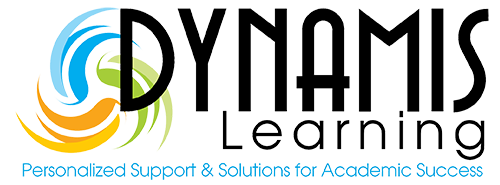Think about the last time you went out to dinner as a family, does your stomach do an uncomfortable flip? Are you remembering the tantrum your child threw when the waitress brought them sweet potato instead of regular fries?
Have you just resigned yourself to the fact that you have a child with ADHD and will therefore have to eat at home…forever? If any of this resounds with you, let’s take a minute for a deep breath. The situation is troublesome, yes. It’s stressful and harrowing, yes. But, it’s not as dire and hopeless as you may think. The experts have come up with some tips and advice that can help turn your ‘horror movie’ family dinner into a manageable and even pleasant experience.
Now, let me start off with the disclaimer that these tips are not magic. They will not instantly turn your child into an an  ADHD Tantrums. But, with a little practice and consistency, they will help. Let them gradually become a part of the way you think and act and you will be pleasantly surprised.
ADHD Tantrums. But, with a little practice and consistency, they will help. Let them gradually become a part of the way you think and act and you will be pleasantly surprised.
The first thing you need to remember is that you may be screaming on the inside, but must remain calm on the outside. Instead of yelling at your child while he is having a meltdown, speak to them in a calm and directed tone. This may not be easy at first, but practice is the key. Do not bargain with your child in an attempt to assuage them. Set your boundaries calmly and just say, “No”. Eventually, your child will come to respect this. Remember, consistency is so important for children with ADHD, so don’t give up.
Next, make sure your instructions are clear and intentional. Instead of just telling your child to stop doing something, tell them specifically what TO DO. In a way, you are turning that negative voice into a positive one. Giving your child a job to do also helps alleviate their anxiety and gives them a choice that is helpful. If you’re at a restaurant, maybe you could send them to get napkins and straws or to go find a seat and set up the table. Then, be sure to praise them for doing a good job. Here, you have taken away your child’s destructive power, and directed it in a constructive manner.
Our final tip for today is to concentrate on the solution, not the problem. I personally know the value of this statement, as I have lived it through many times in my life. But I also know that it is sometimes difficult and can be a matter of literally willing yourself to get out of a problem and into a solution. Most of the great thinkers and motivators of our time has delved into this subject. To keep it short, you are what you think. If you think harmful things will happen, they probably will. If you think affirmative thoughts, they will materialize through you. So, the proposal is this. Teach yourself and your child how to focus on the solution. If your child with ADHD is having a tantrum because you told them they weren’t getting dessert, you calmly stick to your guns but suggest a possible solution like, “Well, you can’t have any today. We’ve already made that clear. But, do you think when we get home you can have all your homework done in time to make some cookies before bedtime?” Bam! You’ve remained calm on the outside, set clear expectations, and proposed an alternative solution. For older kids, you can also have them help you come up with a solution of their own.
Again, these are not revolutionary or magical ideas. But with ADHD children, they are necessary and can be life changing. I encourage you to do some more research on the topic to find and practice more real-life ways to help you manage and alleviate the stress that can come with having a child with ADHD. The battle is real, and victory is found through time, patience and practice.
